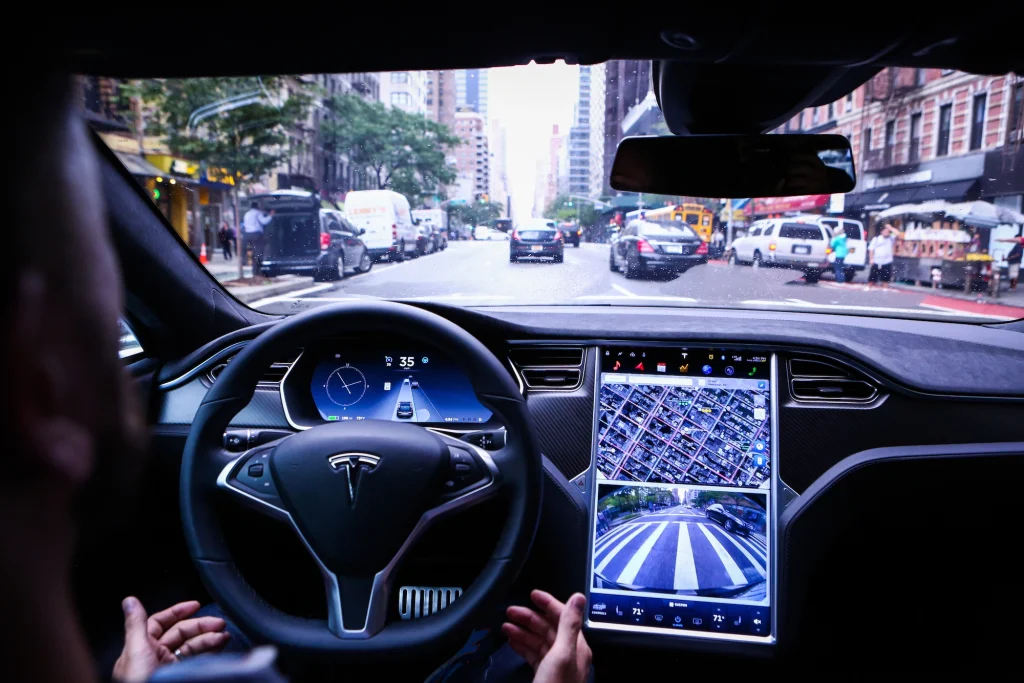Elon Musk has praised Tesla Inc’s driver assistance Autopilot and “Full Self-Driving” (FSD) software as improvements that will increase road safety while also positioning the electric vehicle manufacturer as a technology leader. However, the Tesla systems – and Musk’s promises about them – are facing their most serious test since the introduction of Autopilot in 2015, with a slew of lawsuits and a criminal prosecution involving fatal Tesla accidents.

A Model S driver accused with manslaughter following a deadly collision while using Autopilot in Los Angeles in 2019 faces a trial on Nov. 15. Although Tesla was not charged, the Tesla system and the company’s assertions regarding it are expected to be scrutinised. Legal experts are watching the trial as a kind of test case for the liability of a human driver in a car that was partially driving itself.
The family of one of the two victims killed in the collision has also sued Tesla and the driver, saying Tesla should have taken precautions to prevent Autopilot abuse. The trial is set to begin in July.
A lawsuit against Tesla is slated to go to trial in February over an accident that killed 50-year-old Tesla Model 3 owner Jeremy Banner in 2019 after his car collided with a tractor-trailer at a highway crossing in Florida. This will be the first legal lawsuit involving Autopilot to go to trial.
When a Tesla Model X swerved and collided with a concrete barrier on a motorway in Mountain View, California, the driver, Apple engineer Walter Huang, was murdered. His wife’s lawsuit against Tesla is set to go to trial in March.
Both the California and Florida accidents were reviewed by the National Transportation Safety Board, which criticised both the driver and Tesla. According to the NTSB, drivers relied too much on the Autopilot technology, and Tesla failed to limit Autopilot use or sufficiently monitor driver attentiveness.
In 2018, Tesla stated that the driver’s hands were not detected on the wheel for 6 seconds previous to the crash in Mountain View, and that he did not take measures to avert the accident.
According to three persons familiar with the situation, Tesla is under criminal investigation in the United States for promises that its electric vehicles can drive itself. According to persons familiar with the probe, the Justice Department investigation might result in criminal charges being filed against the firm or individual officials.
In August, California’s transportation authority charged Tesla with “deceptive practise” for implying that its driver assistance technology could handle autonomous vehicles. The California Department of Motor Automobiles (DMV) may terminate Tesla’s licence to sell vehicles in the state and order the corporation to compensate drivers.
The California Department of Motor Vehicles is also undertaking a separate safety study, which might force Tesla to seek regulatory permissions to drive its vehicles in the state. The DMV stated that it “remains in the discovery stage of this process,” but did not elaborate.
The National Highway Traffic Safety Administration escalated its defect investigation into 830,000 Tesla vehicles equipped with Autopilot in June, a necessary step before requesting a recall. The National Highway Traffic Safety Administration is investigating whether Tesla vehicles effectively assure drivers are paying attention.
As part of the investigation, the NHTSA has requested information on Tesla’s internal camera and its function in monitoring driver attentiveness. Since 2016, the NHTSA has started roughly 40 special investigations involving 19 deaths in Tesla vehicle crashes.











